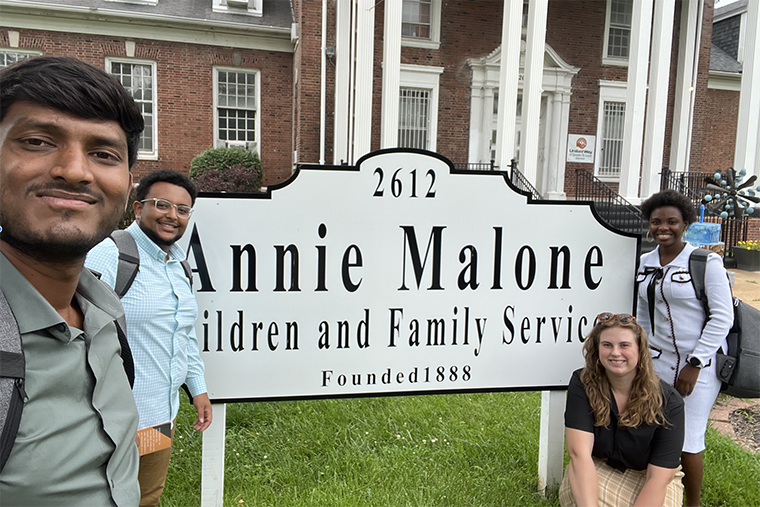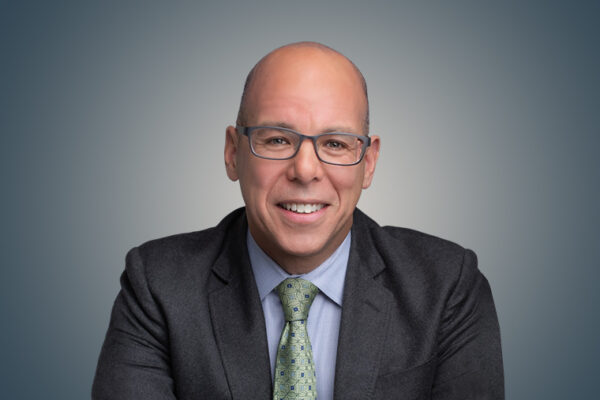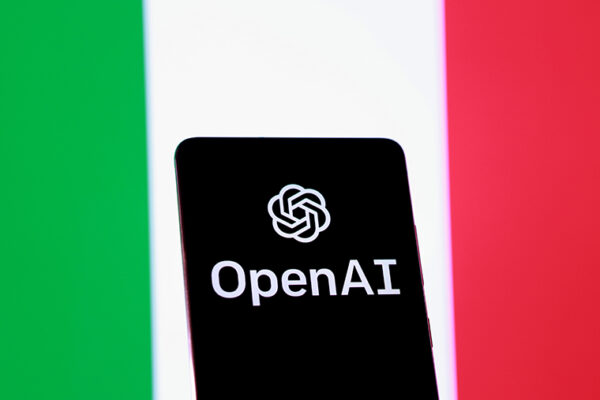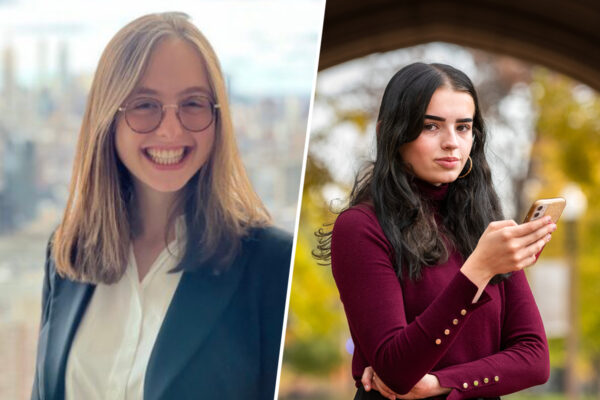One of the unique aspects of a Master of Business Administration program is the emphasis on teamwork. As is the case in business, the most successful business students are those who learn how to effectively work together — bringing out each other’s strengths and experience — to achieve the best possible outcome.
To drive home this point, the first course all new full-time MBA students at Olin Business School at Washington University in St. Louis take is “Foundations for Impactful Teamwork.” This summer, students enrolled in the course had the opportunity to apply their freshly honed teamworking and problem-solving skills to address problems facing the St. Louis community.
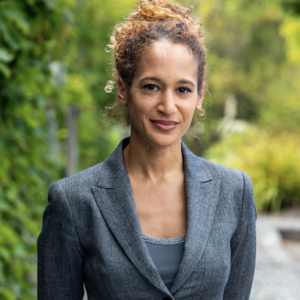
The service project was the brainchild of Giselle Antoine, an assistant professor of organizational behavior. Like many of the students enrolled in the course, Antoine is new to the St. Louis community.
“As an incoming faculty member, I was introduced to Chancellor Martin’s ‘In St. Louis, For St. Louis’ initiative and was really inspired by the idea of stewardship to the communities we neighbor. I wanted to find a creative way to engage with this vision in my work at WashU,” Antoine said.
Because the majority of Olin MBA students come from overseas or out of state, most students arrive to the campus with little understanding about the history of the populations they neighbor, Antoine said. That lack of understanding can materialize in misunderstandings and create a divide between WashU students and the neighboring communities, she added.
Antoine designed the project with the explicit objective that students would develop familiarity with causes relevant to underserved communities in St. Louis and the histories that make these causes meaningful.
‘This project enabled me and my students to better understand the community that neighbors our institution, in addition to learning the various ways that we can connect with the community and offer service to it.’
Giselle Antoine
“This project enabled me and my students to better understand the community that neighbors our institution, in addition to learning the various ways that we can connect with the community and offer service to it. It also enabled my students to experience firsthand the interface of values and reason — of heart and head — in devising solutions,” she said.
Altogether, the students devoted more than 400 hours of service to the St. Louis community through organizations including the Habitat for Neighborhood Business, Here to Stay, the Crisis Nursery of St. Louis, Annie Malone and the Delmar Devine.
“Their work involved helping local Black- and Brown-owned small businesses improve their websites and social media presence, rebranding the image of north St. Louis by developing a guided tour of the area, spending the day with at risk-youth, collecting and delivering clothing and supplies for housing-insecure communities surrounding the university and devising evaluation systems to improve efficiency in programs that help prevent eviction and homelessness,” Antoine said.
In their words
According to Antoine, today’s MBA students crave opportunities to creatively apply the skills they are learning in class to make a real impact in the world. This project was a chance to do just that in their very first MBA course while also learning how they, as future business leaders, can be actively involved in solving the most urgent problems facing our communities.
For Emily Palm, a student enrolled in WashU’s dual Master of Social Work and MBA program, the project was an opportunity to share her passion for social justice with her classmates. Palm connected her group with Annie Malone, an organization that provides support services for in-crisis and at-risk children, teens and families throughout St. Louis.
The team collaborated with Annie Malone Clinical Director Samantha Simpson, ultimately deciding to develop a value proposition template that the organization could use to effectively share the impact of their work and increase donations in an upcoming fundraising campaign.
“Like many smaller nonprofits, Annie Malone does not have a staff member dedicated to fundraising, so fundraising efforts fall onto the CEO, board members, interns or people like Samantha, who often do not have the time or resources to dedicate to a fundraising campaign,” Palm said.
According to Palm, the experience demonstrated how projects can highlight individual strengths on a team. Teammate Precious Popoola used her marketing background to suggest ways to market Annie Malone. With his background in not-for-profits and consulting, Yabsira Ayele helped the team approach the project like consultants to give Annie Malone the best possible result. And Vishnu Manche’s background in data was helpful with their analyses, Palm said.
“We all have rich and diverse lived experiences, and it is important to find common ground to collectively progress toward the goal,” Ayele added. “This project also solidified the importance of understanding a problem and doing more than what is expected.”
For Josh Samuel and his team, the project was as much an eye-opening experience as it was an opportunity to bond outside of the classroom. Despite living in St. Louis his whole life, Samuel said he wasn’t aware of the important outreach work happening downtown to help the homeless community.
He and his team volunteered with Street Patrol, an organization that collects and distributes care packages — including items like food, clothing, blankets and hygiene items — through biweekly outreach events around the community.
“Our team grew much closer during the project, possibly because we were in the same car for three to four hours,” Samuel said. “After this community service opportunity, our team began communicating more openly and were able to finish our next projects in a more cohesive manner. It made me realize the importance of bonding with your team outside of the classroom to begin fostering trusted friendships.”
Samuel, who works in health care, said the experience also made him more aware of how his company can address disparities in diagnosis and treatment for lower-income communities in any city or state.
